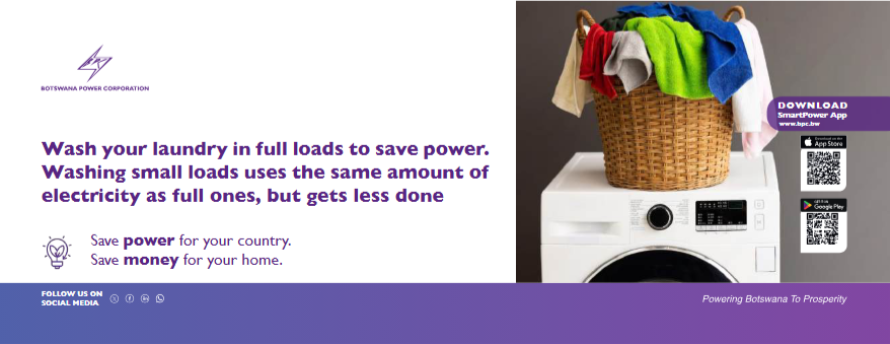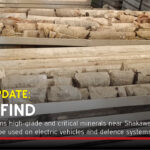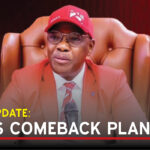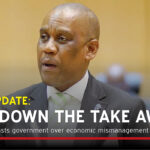-
70 percent of Botswana’s minerals remain unexplored
Since their discovery in Orapa back in 1967, diamonds have played a pivotal role in Botswana’s economic growth and development – of that there can be no argument!
However, according to Minister of Minerals and Energy, Lefhoko Moagi this could be the tip of the iceberg, with the country potentially sitting on huge reserves of untapped mineral wealth.
Giving an update on the upcoming National Integrated Geoscience System (NIGS) and National Energy Use Survey on Tuesday, Moagi estimated that only about 25-30 percent of the minerals in the country are fully explored!
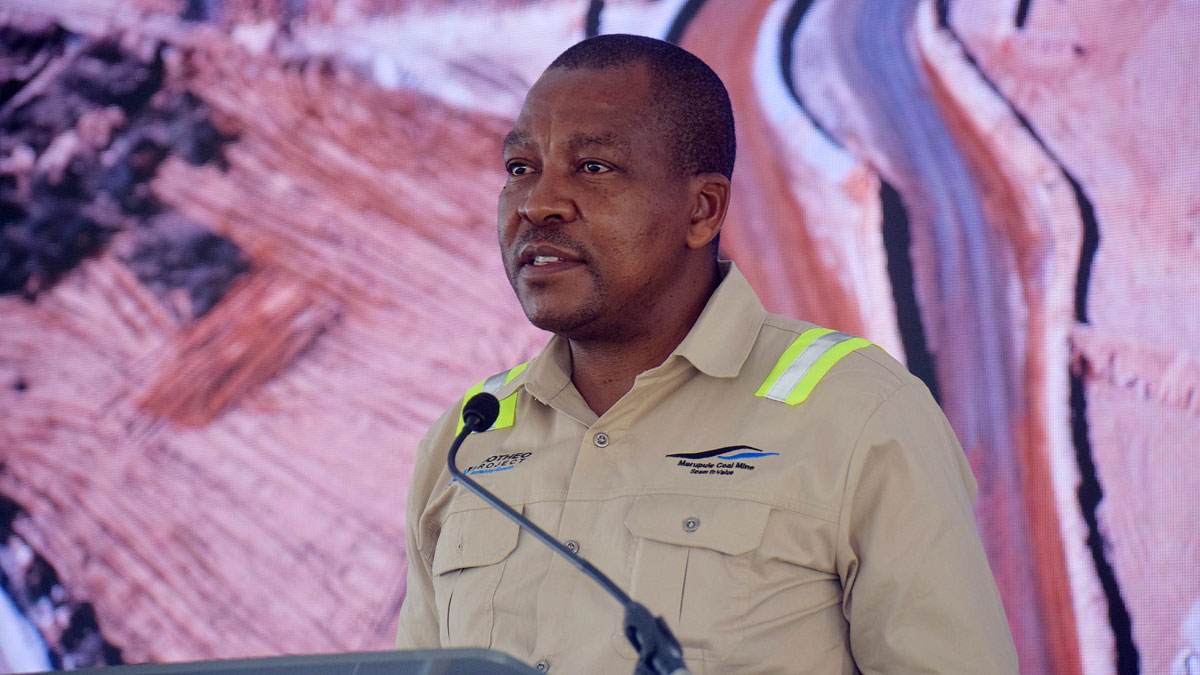
“Part of the reason being we have a vast Kgalagadi Desert and our technology is not yet advanced to an extent that it can make exploration swift and very fast,” noted Moagi, explaining the reasons behind reviving NIGS.
NIGS is an old project commissioned during the National Development Plan (NDP) 9, which ran from 2003 – 2009.
However, due to technological challenges, government struggled to make inroads on the project.
13 years later and govt have now committed to pumping P7 million into reviving the initiative.
“We needed to employ systems and portals such that we can have information about all our mineral resources at our fingertips. This will inform policy formulation, legal and regulatory frameworks within the ministry. The system benefits is that, information that comes from mineral exploration can be easily accessible from anywhere in the world,” mentioned Moagi.
Though Botswana mining industry continues to be one of the most lucrative in the world, more especially when it comes to diamonds, government continues to seek further investment in this sector through the exploration and exploitation of other minerals.
As well as nickel-copper, coal, soda ash, gold, silver, semi precious stones and granites, which are all currently mined in Botswana, the country has untapped deposits of uranium, lead, zinc, coal bed methane gas which companies are seeking to exploit.
Meanwhile, Moagi’s ministry will also embark on a National Energy Use Survey on the 1st of November in collaboration with Statistics Botswana and Botswana Institute of Technology, Research and Innovation (BITRI).
The 12-week survey will bleed the government coffers of P21.4 million and employ 90 people as enumerators and survey supervisors.
The survey seeks to strengthen the energy sector by improving energy statistics and providing robust data for energy planning and policy formulation and review. The survey will ensure review of strategies, investment plans and energy planning in general by current and accurate energy statistics as the country transitions to NDP 12.
“Although the national energy policy is in place and supporting sub sector strategies and plans such as Integrated Resource Plan (IRP), Renewable Energy and Energy Efficiency and Conservation strategies, these were developed with relatively old data and energy statistics. This resulted in the use of assumptions and extrapolations which is not ideal as it affects overall energy planning decisions. Every five years, the survey will be done in order to keep the information up to date,” stated Moagi.
